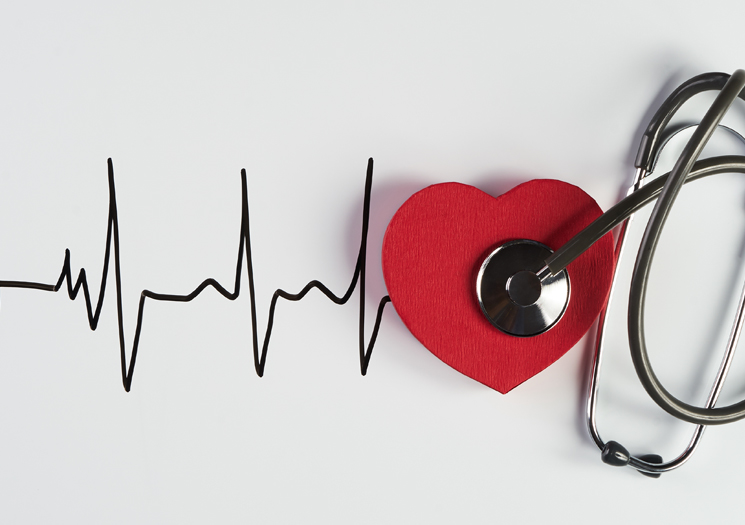- Find a Provider
-
Services
-
Redeemer Health provides compassionate care across every stage of life.
- View all Services
- Health Care
- Cancer Care
- Heart Care
- Hospital at Home
- Maternity Care
- Pediatric Urgent Care
- More Health Care Services
-
- Patients & Visitors
- Locations
- Careers
Exploring the Connection Between Caffeine-Packed Drinks and Heart Arrhythmia
January 31, 2024
categories:

By Paul Sandhu, MD, FHRS, Interventional Cardiologist at Redeemer Health
The recent sudden death of a Philadelphia undergraduate student placed a spotlight on caffeine consumption and its potential role in provoking arrhythmias - irregular heartbeats with the potential for serious health effects.
The 21-year-old college junior, who had an arrhythmia problem called Long QT Syndrome Type I, died from cardiac arrest hours after drinking lemonade infused with caffeine at a local quick-service restaurant. She had previously avoided caffeinated beverages at the recommendation of her doctors, and seemingly was unaware that the beverage consumed contained high amounts of caffeine.
Caffeine's Impact on the Heart's Electrical System
Drinks with high caffeine amounts can cause immediate heart-related effects, including an increase in blood pressure and heart rate. Caffeine changes the way that the heart’s electrical system, or its “wiring,” works. Caffeine has therefore long been believed to play a role in arrhythmia disturbances.
Mild to moderate caffeine consumption is typically safe; however, it is worth noting that this may not be true for all patients, especially those with ventricular arrhythmias or those who may be at risk for them. Some acquired or inherited arrhythmia syndromes (including the aforementioned Long QT Syndrome, Catecholaminergic Polymorphic VT, Arrhythmogenic Right Ventricular Cardiomyopathy, and Brugada Syndrome), which leave patients at risk for sudden cardiac death, are more likely to be active in a high adrenalin-related situation, which caffeine can create.
Moderate to high levels of caffeine consumption, which is increasingly found in many people with the more widespread use of energy drinks, is known to result in a sudden increase in the adrenalin-related (and resulting “fight or flight”) condition of the person affected. Further research is needed to study the effect of caffeine in these select groups of people.
When to Consult with Your Doctor
If you drink large quantities of caffeine, you should consult with your primary care clinician or cardiologist, especially if you have a family history of unexplained sudden death or other cardiac-related conditions.
In the meantime, be sure to read labels if you know you are at risk. In the case of the Philadelphia college student, caffeine content in her choice of beverage wasn't clearly labeled enough, so if you are at risk, ask for information.
Click here to learn more about cardiology care at Redeemer Health. To find a doctor who is right for you, visit our provider directory or call the Redeemer Health Physician Referral Service at 800-818-4747.
About the Author: Dr. Paul Sandhu is a member of the Redeemer Health medical staff, specializing in cardiac electrophysiology for the management of arrhythmias. He treats patients with chronic coronary artery disease, valvular heart diseases and congestive heart failure. He also has extensive experience with pacemaker, defibrillator (ICD) and biventricular devices.



